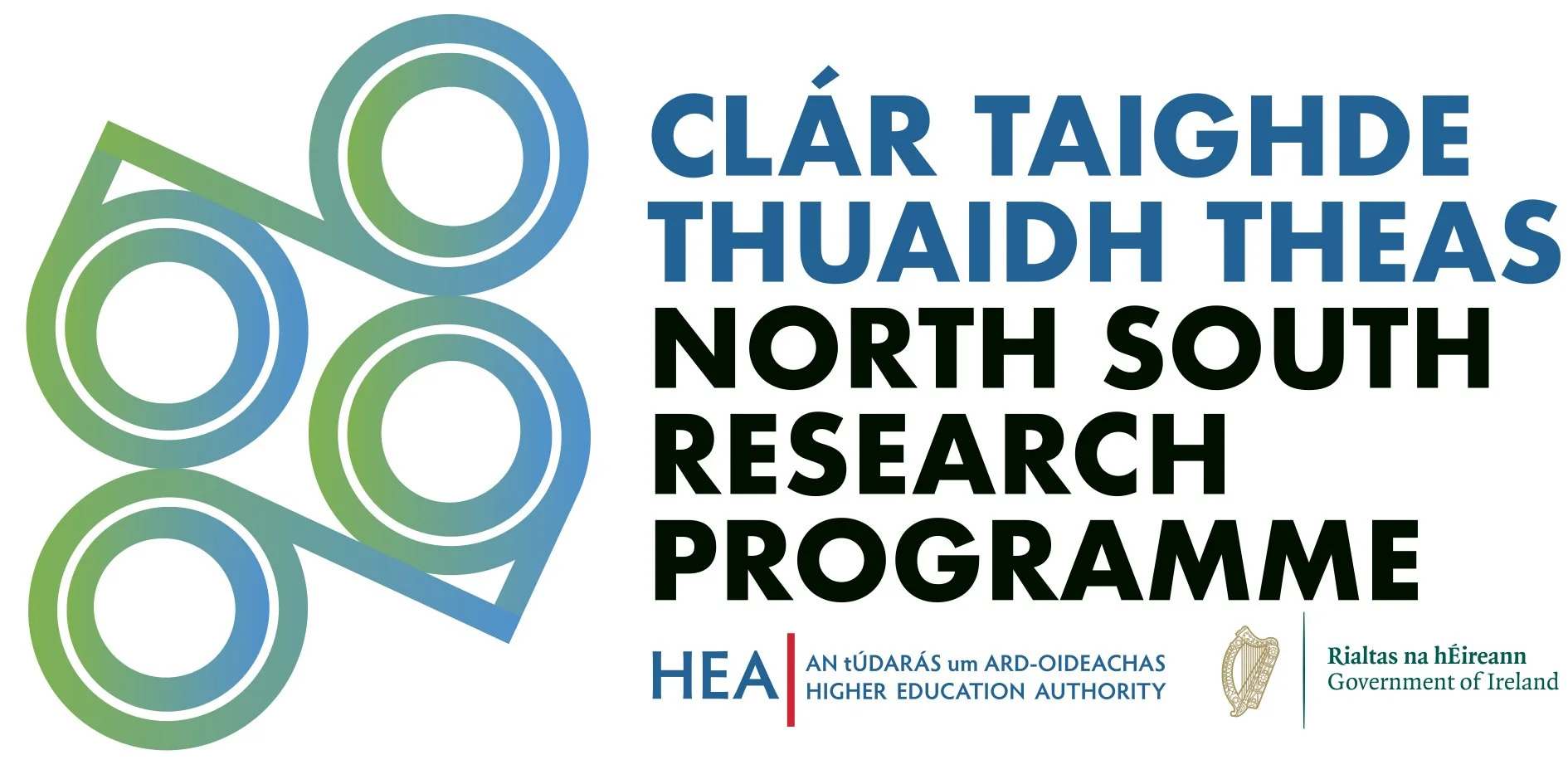AIVRT - Who we are?
AIVRT brings together researchers from UCD, QUB, UCC, and TCD in an ambitious four-year alliance to improve human health through vaccination and to train the next generation of all-island researchers in vaccine design, development, testing, deployment, and advocacy research.
Prof. Siobhán McClean, AIVRT Lead Coordinator, UCD.
Message from Prof. Siobhán McClean:
The AIVRT project uses the maxim “time is running out for antibiotics, now is the time for vaccines”. The reason is to highlight the urgent need to address the growing threat of antibiotic resistance, which diminishes the effectiveness of existing health treatments.
Vaccines offer a proactive solution by preventing infections before they occur, thereby reducing the reliance on antibiotics and preserving their efficacy for future use.
AIVRT, as a whole, is a project that proactively works towards solutions. I invite and encourage you to follow the excellent work of all my colleagues within AIVRT through our various output channels.
AIVRT - How did it form?
AIVRT was awarded HEA North-South Strand II to lead a collaborative vaccine programme to University College Dublin (UCD) in collaboration with Queen's University Belfast (QUB), University College Cork (UCC), and Trinity College Dublin (TCD).
AIVRT, as an All-island Vaccine Research and Training Alliance, is training PhDs and Postdoctoral Researchers in Vaccinology and vaccine development and advocacy on the island of Ireland.
This cross-border research network focuses on ESKAPE pathogens, which cause infections. ESKAPE are a group of antibiotic-resistant bacteria known for their ability to "escape" the effects of antibiotics. (The acronym ESKAPE is explained below on this page in “AIVRT - What is the focus?”.)
These ESKAPE pathogens are significant contributors to healthcare-associated infections and are often associated with high morbidity and mortality rates.
AIVRT - Why now?
Antimicrobial resistance (AMR) is among the top 10 global public health threats facing humanity (World Health Organisation, WHO). AMR bacteria cause death, disability, prolonged illness, longer hospitalisation and increased healthcare costs. Few antimicrobial options exist to treat AMR infections. Vaccination is the paramount medical intervention in human history for combating infectious diseases. Vaccines, unlike antibiotics, do not select for antimicrobial resistance; hence, they hold the key to overcoming AMR infections and reducing antibiotic usage.
AIVRT - What is the focus?
The All Island Vaccine Research and Training Alliance (AIVRT) will develop vaccines against global AMR bacteria, specifically the ESKAPE pathogens (Enterococcus faecium [Ef], Staphylococcus aureus [Sa], Klebsiella pneumoniae [Kp], Acinetobacter baumannii [Ab], Pseudomonas aeruginosa [Pa], and Enterobacter cloacae [Ec]).
ESKAPE pathogens cause infections in hospitalised patients, including those in intensive care units (ICU), and secondary bacterial infections following viral infections (e.g. influenza). The COVID-19 pandemic exacerbated antimicrobial resistance (AMR) due to the emergence of high-risk ESKAPE pathogen clones in intensive care units (ICUs) globally.
The WHO, World Bank, and UNICEF jointly state, "Vaccines benefit not only individuals but also communities, even entire populations. They also have a more rapid impact on communities than many other health interventions...".
No approved vaccines exist for ESKAPE pathogens yet.
AIVRT is an all-island part of a worldwide research initiative aimed at addressing the challenges posed by ESKAPE pathogens. This effort aims to mitigate their impact on public health, improve patient outcomes, and contribute to the global fight against antibiotic resistance.
AIVRT is a multi-faceted initiative that also focuses on training the next generation of researchers across the island in the fields of vaccine design, development, testing, and deployment.
AIVRT - How is it funded?
AIVRT - All-island Vaccine Research and Training Alliance, is a Strand 2 project funded under the North South Research Programme (NSRP).
The NSRP is a collaborative scheme funded through the Government’s Shared Island Fund.
It is being administered by the Higher Education Authority (HEA) on behalf of the Department of Further and Higher Education, Research, Innovation and Science.”
AIVRT Partners
The AIVRT hub unites researchers from across the Island, North and South, specifically from UCD, QUB, UCC, and TCD in a collaborative effort aimed at improving human health through vaccination.
This initiative also focuses on training the next generation of researchers across the island in the fields of vaccine design, development, testing, and deployment.







